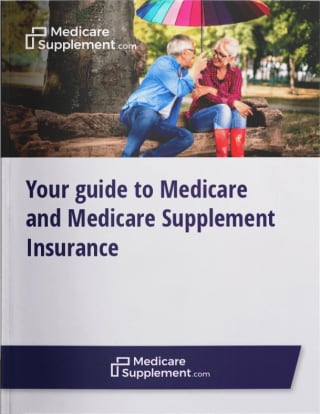Are PPO Plans a Good Choice?
A Preferred Provider Organization (PPO) is a type of managed care organization that also utilizes a provider network. These providers, called “preferred providers,” have agreed to offer their services at a discounted rate.
However, unlike an HMO plan, you can receive plan coverage for providers outside of the network. However, it will typically be more expensive when you go outside of your plan network.
Some PPOs will allow you to visit a specialist without first getting a referral from a primary care physician within your network. But for the more expensive treatments, you will in most cases need to get that referral.
Medicare Supplement Insurance vs. HMOs and PPOs
If you are a Medicare beneficiary, you may have heard of HMO and PPO plans if you are considering enrolling in a Medicare Advantage plan. Most Medicare Advantage plans are either HMO or PPO plans.
But there's an alternative that doesn't restrict you to a provider network.
Medicare Supplement Insurance (also called Medigap) works alongside your Original Medicare (Medicare Part A and Part B) benefits by helping pay for out-of-pocket medical costs such as deductibles, coinsurance and copays without limiting your choice of health care providers.
If your provider accepts Medicare, they'll also accept your Medigap plan. This is true anywhere in the U.S. and U.S. territories where Medicare is accepted.
If maintaining your freedom to choose your health care provider is important to you, and if you want health insurance coverage that can travel with you no matter where you live or if you move, you may want to consider Medicare Supplement Insurance.
The chart below shows the benefits that are offered by each of the types of standardized Medigap plans that are available in most states.




